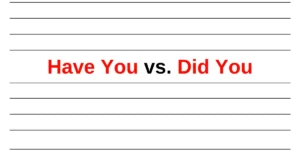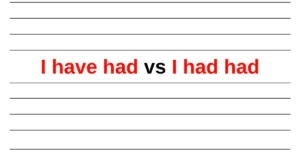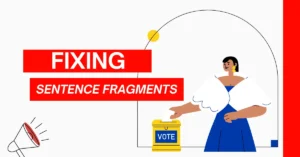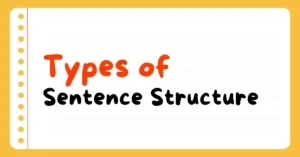Are you ready to take your English speaking skills to the next level? One of the best ways to sound more natural and fluent is by expanding your vocabulary. Today, we will explore synonyms, antonyms, and homophones—three essential word categories that will make your speech more dynamic and engaging!
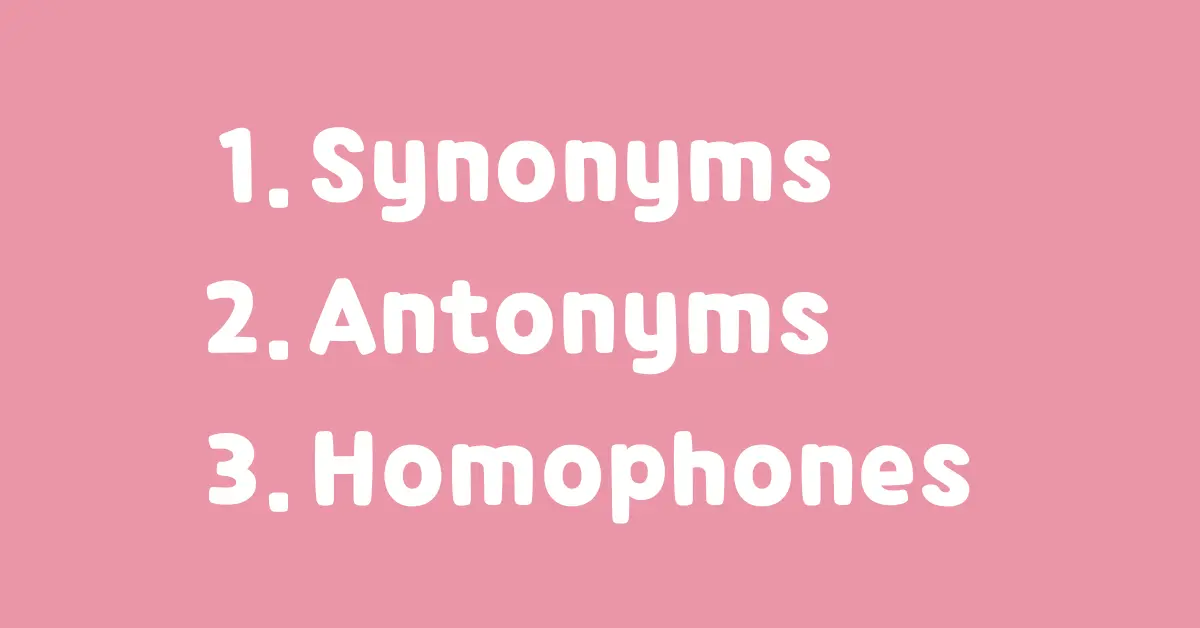
Synonyms: Different Words, Same Meaning!
Synonyms are words that have the same or very similar meanings. Using them will help you avoid repetition and make your conversations more interesting!
✔ large – big
✔ bring – carry
✔ woman – lady
✔ child – kid
✔ rich – wealthy
✔ small – tiny
✔ smart – bright
✔ start – begin
✔ pretty – cute
✔ quick – fast
✔ easy – simple
✔ loud – noisy
✔ finish – end
✔ enjoy – like
✔ good – great
✔ yell – shout
✔ decline – refuse
✔ empty – vacant
✔ hurry – rush
✔ job – task
✔ tired – sleepy
✔ ache – pain
✔ late – tardy
✔ sick – ill
✔ damp – moist
✔ rage – anger
✔ coy – shy
✔ mend – repair
✔ mad – angry
✔ run – jog
✔ nap – sleep
✔ shut – close
Antonyms: Opposites Attract!
Antonyms are words that have opposite meanings. Knowing them will help you express yourself more clearly and confidently.
✔ fast – slow
✔ front – back
✔ last – first
✔ accept – refuse
✔ allow – forbid
✔ bottom – top
✔ thin – thick
✔ cruel – kind
✔ rude – nice
✔ old – young
✔ early – late
✔ full – empty
✔ sharp – dull
✔ begin – end
✔ arrive – depart
✔ sick – healthy
✔ nervous – brave
✔ calm – excited
✔ dry – wet
✔ shrink – swell
✔ lose – win
✔ cold – hot
✔ false – true
✔ serious – silly
✔ attack – defend
✔ bold – timid
✔ give – take
✔ high – low
Homophones: Same Sound, Different Meaning!
Homophones are words that sound the same but have different meanings and spellings. Mixing them up is a common mistake, so mastering them will make your English more precise!
✔ sell – cell
✔ capital – capitol
✔ ant – aunt
✔ hole – whole
✔ bored – board
✔ stairs – stares
✔ bare – bear
✔ band – banned
✔ beat – beet
✔ wood – would
✔ wait – weight
✔ pole – poll
✔ metal – meddle
✔ horse – hoarse
✔ berry – bury
✔ sore – soar
✔ weather – whether
✔ rode – road
✔ brake – break
✔ bread – bred
✔ aisle – isle
✔ close – clothes
✔ genes – jeans
✔ grate – great
✔ hair – hare
✔ loan – lone
✔ peak – peek
✔ raise – rays
✔ scene – seen
✔ throne – thrown
✔ waist – waste
✔ higher – hire
Explore More:
- Well vs. Good: What’s the Difference and When to Use EachWhat is the difference between good and well. These two words might seem …
- Have You vs. Did You: What’s the Real Difference?Imagine you’re meeting a friend in the evening, and you …
- Difference Between I have had and I had hadHave you ever found yourself tangled in the web of …
- Understanding and Fixing Sentence FragmentsIn this lesson, you will be learning about sentence fragments. Ever …
- Types of Sentence Structure: Simple, Fragmented, or Run-OnIn this English Grammar lesson, you’ll be learning about sentence structure, …

